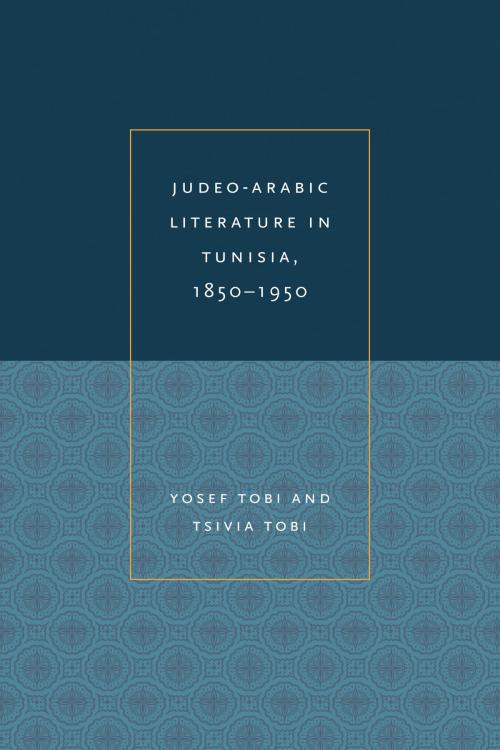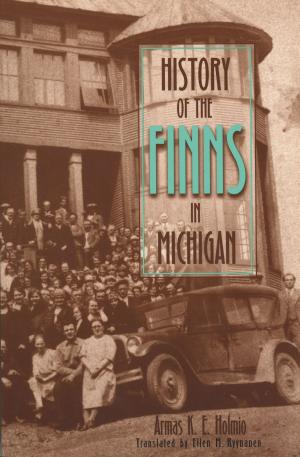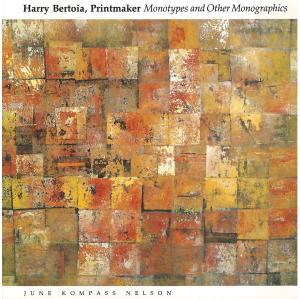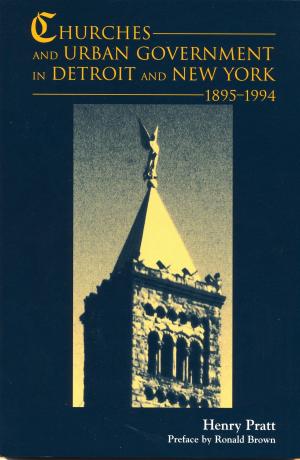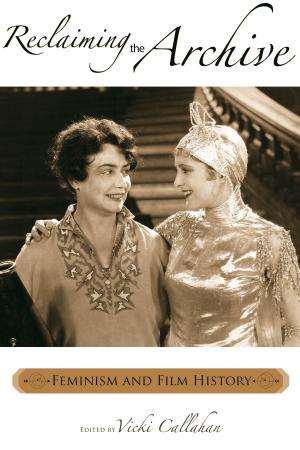Judeo-Arabic Literature in Tunisia, 1850-1950
Fiction & Literature, Literary Theory & Criticism, Jewish, Nonfiction, Religion & Spirituality, Judaism, History, Social & Cultural Studies, Social Science| Author: | Yosef Tobi, Tsivia Tobi | ISBN: | 9780814340462 |
| Publisher: | Wayne State University Press | Publication: | October 20, 2014 |
| Imprint: | Wayne State University Press | Language: | English |
| Author: | Yosef Tobi, Tsivia Tobi |
| ISBN: | 9780814340462 |
| Publisher: | Wayne State University Press |
| Publication: | October 20, 2014 |
| Imprint: | Wayne State University Press |
| Language: | English |
As a result of the introduction of the printing press in the mid-nineteenth century and the proximity of European culture, language, and literature after the French occupation in 1881, Judeo-Arabic literature flourished in Tunisia until the middle of the twentieth century. As the most spoken language in the country, vernacular Judeo-Arabic allowed ideas from the Jewish Enlightenment in Europe (the Haskalah) to spread widely and also offered legitimacy to the surrounding Arab culture. In this volume, authors Yosef and Tsivia Tobi present works of Judeo-Arabic Tunisian literature that have been previously unstudied and unavailable in translation. In nine chapters, the authors present a number of works that were both originals and translations, divided by genre. Beginning each with a brief introduction to the material, they present translations of piyyutim (liturgical poems), malzumat (satirical ballads), qinot (laments), ghnayat (songs), essays on ideology and propaganda, drama and the theater, hikayat and deeds of righteous men (fiction), and Daniel Hagège’s Circulation of Tunisian Judeo-Arabic Books, an important early critical work. A comprehensive introduction details the flowering of Judeo-Arabic literature in North Africa and appendixes of Judeo-Arabic journals, other periodicals, and books complete this volume. Ultimately, the authors reveal the effect of Judeo-Arabic literature on the spiritual formation of not only the literate male population of Tunisian Jews, who spent a good part of their time at the synagogue, but also on women, the lower and middle classes, and conservatives who leaned toward modernization. Originally published in Hebrew, Judeo-Arabic Literature in Tunisia, 1850–1950 will be welcomed by English-speaking scholars interested in the literature and culture of this period.
As a result of the introduction of the printing press in the mid-nineteenth century and the proximity of European culture, language, and literature after the French occupation in 1881, Judeo-Arabic literature flourished in Tunisia until the middle of the twentieth century. As the most spoken language in the country, vernacular Judeo-Arabic allowed ideas from the Jewish Enlightenment in Europe (the Haskalah) to spread widely and also offered legitimacy to the surrounding Arab culture. In this volume, authors Yosef and Tsivia Tobi present works of Judeo-Arabic Tunisian literature that have been previously unstudied and unavailable in translation. In nine chapters, the authors present a number of works that were both originals and translations, divided by genre. Beginning each with a brief introduction to the material, they present translations of piyyutim (liturgical poems), malzumat (satirical ballads), qinot (laments), ghnayat (songs), essays on ideology and propaganda, drama and the theater, hikayat and deeds of righteous men (fiction), and Daniel Hagège’s Circulation of Tunisian Judeo-Arabic Books, an important early critical work. A comprehensive introduction details the flowering of Judeo-Arabic literature in North Africa and appendixes of Judeo-Arabic journals, other periodicals, and books complete this volume. Ultimately, the authors reveal the effect of Judeo-Arabic literature on the spiritual formation of not only the literate male population of Tunisian Jews, who spent a good part of their time at the synagogue, but also on women, the lower and middle classes, and conservatives who leaned toward modernization. Originally published in Hebrew, Judeo-Arabic Literature in Tunisia, 1850–1950 will be welcomed by English-speaking scholars interested in the literature and culture of this period.
